
Introduction
Dental implants are considered to be the most effective and the most popular method of replacement for missed teeth. Even though this procedure is very common and generally quite safe, it does carry the risk of certain complications, such as infection, injury, bone damage, tooth damage, nerve damage, loose or ill-fitting implants and also sinus problems.
About dental implants
A dental implant is basically an artificial tooth placed instead of a missing or damaged tooth. It resembles a natural tooth and performs the same function. If it is done properly, a dental implant is virtually seamless and difficult to distinguish from natural teeth.
The procedure for placing a dental implant is done in subsequent stages, ending with the placement of a titanium tooth inside a pre-drilled socket in the jaw. The success rate for dental implants, estimated for the period of five years, is 95 percent for the lower jaw and 90 percent for the upper jaw.
Complications from dental implants
Peri-implantitis is the most common complication associated with dental implants. It is usually caused by a bacterial infection of the site, resulting in inflammation, swelling and pain. In some cases the infection can even spread to the jawbone.
During the procedure for placing dental implants, there is a possibility of injury and damage to the adjacent teeth and tissues. These injuries are rarely serious.
Sometimes, if the implant is not placed well or if it fails to integrate with the jaw bone, it can result in loose dental implant. This case requires another trip to the dentist’s, who will fix the implant so it fits properly.
Nerve damage is another possible complication. It occurs if the implant is placed too close to a nerve or over a nerve. This causes extreme pain, especially if the implant is placed over the nerve.
Sinus problems and dental implants
Sinuses are air-filled cavities that have several important purposes. These cavities are located above and under the eyes and around the nose. Those located around or underneath the nose are rather close to the upper jawbone. Several dental conditions are known for affecting those sinuses too, and dental implants, placed in the upper jaw, can also lead to sinus problems if they disturb or damage the cavity. It can even lead to an infection, which can spread to other sinus cavities as well. If this happens, it causes pain, feeling of pressure in the face, nasal discharge and mild fever. This problem is usually solved with a course of antibiotics and by removing or replacing the dental implant that causes sinus problems.


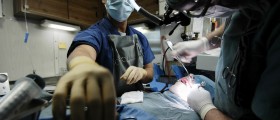
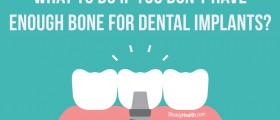
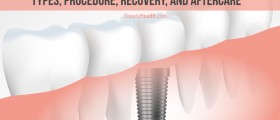
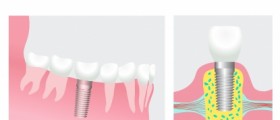
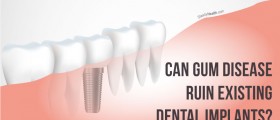
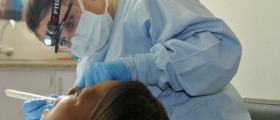






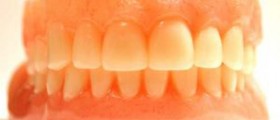
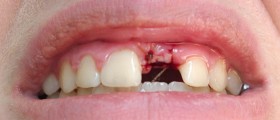
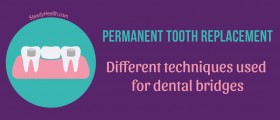
Your thoughts on this
Loading...